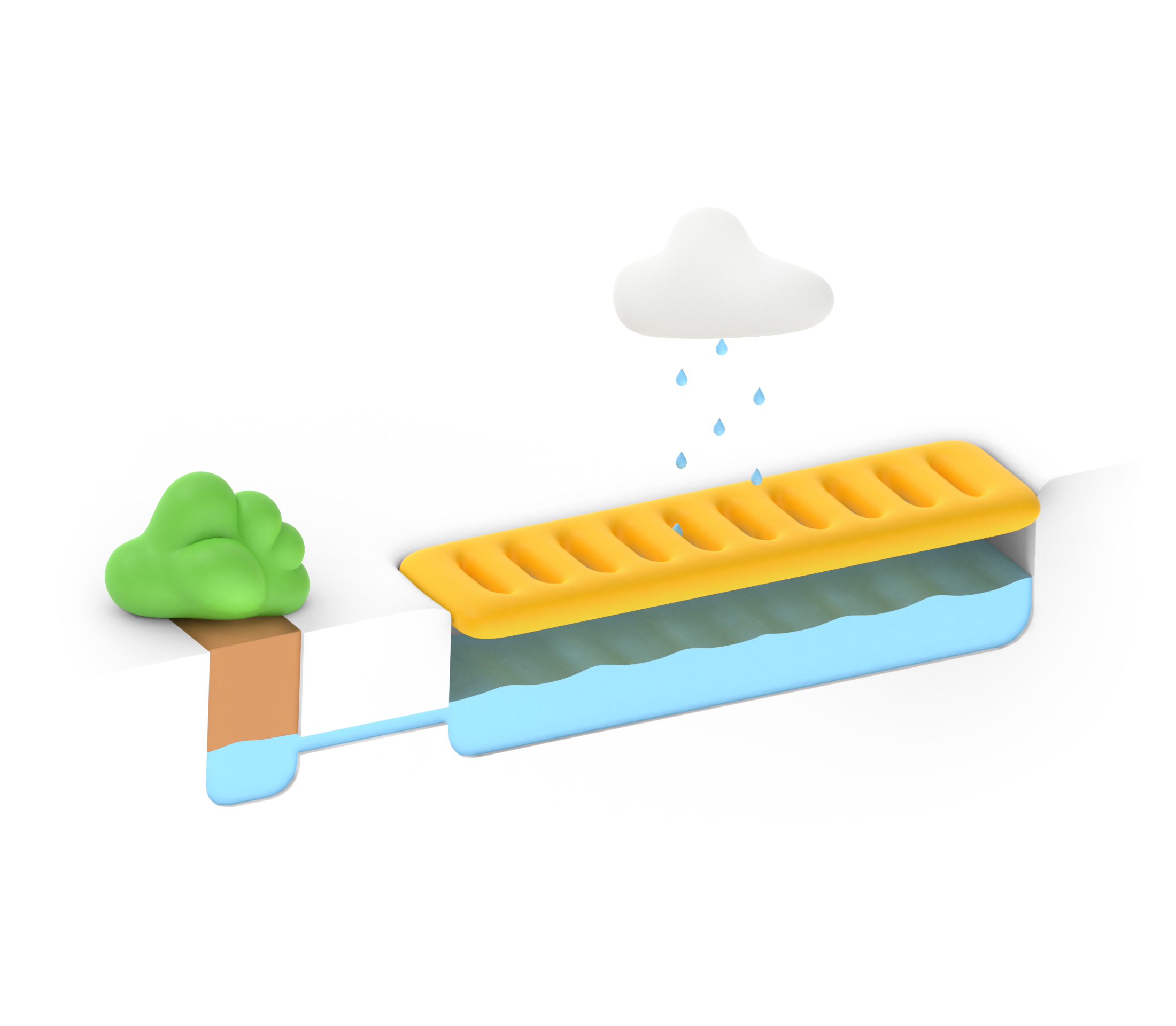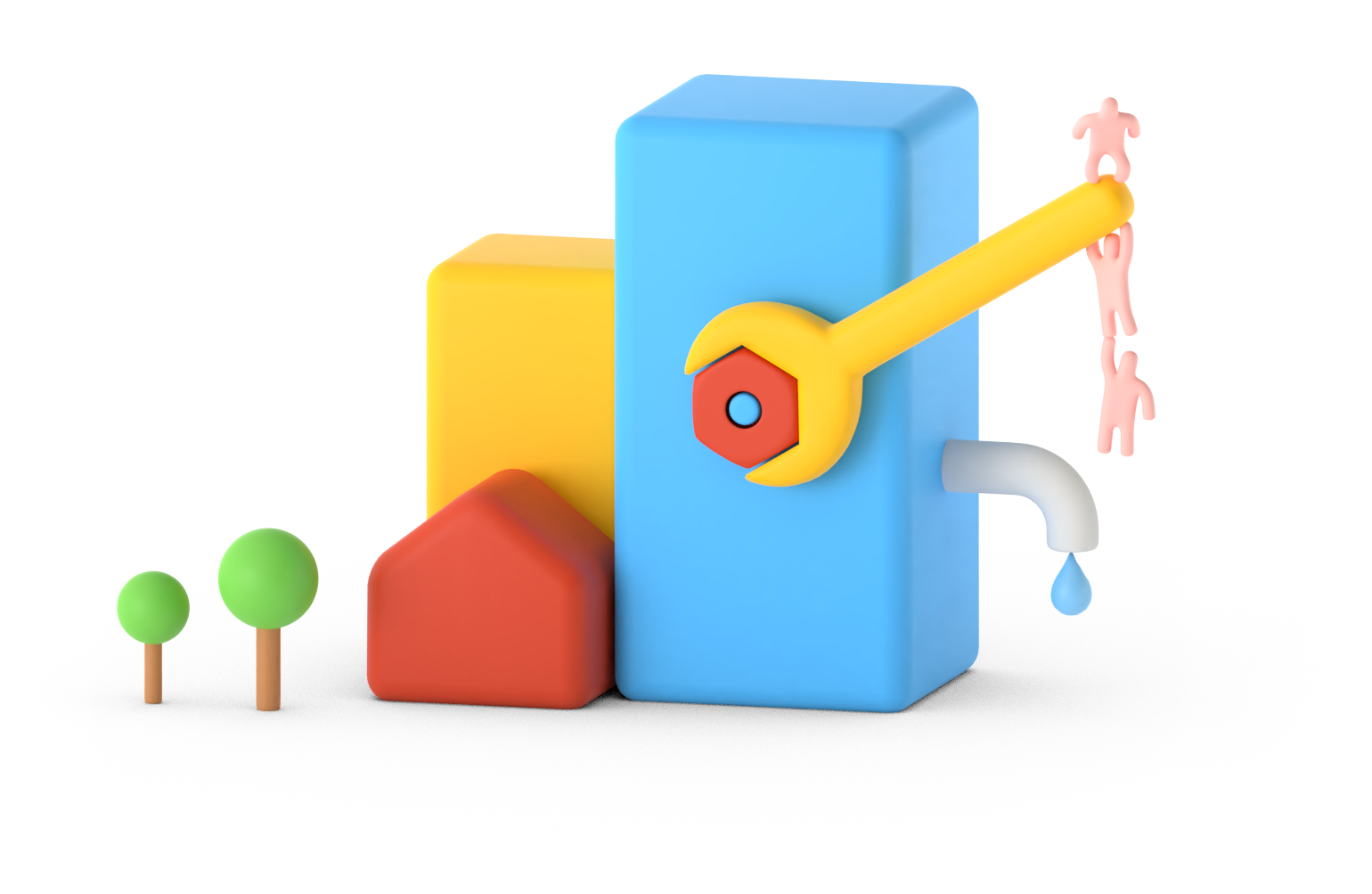Water supply in urban environments is determined by a combination of natural phenomena and technical infrastructure. The goals of urban water management are to ensure access to water and sanitation infrastructure and services; manage rainwater, wastewater, stormwater drainage, and runoff pollution; control waterborne diseases and epidemics; and reduce the risk of water-related hazards, including floods, droughts, and landslides.
Integrated Urban Water Management (IUWM) calls for the alignment of urban development and basin management to achieve sustainable economic, social, and environmental goals. It brings together water supply, sanitation, storm- and waste-water management and integrates these with land use planning and economic development.

RAPID URBANISATION, CLIMATE CHANGE AND POLLUTION IMPACTS AND AGING INFRASTRUCTURE ARE AMONG THE CHALLENGES OF URBAN WATER MANAGEMENT

IUWM offers a set of principles that underpin better coordinated, responsive, and sustainable resource management practice. It is an approach that integrates water sources, water-use sectors, water services, and water management scales.
The core principles of IUWM include:
- Assessing and utilising all available water resources
- Utilsing non conventional water resources (treated wastewater, rainwater, stormwater, etc.) as a resource fit-for-purpose
- Engaging key stakeholders
- Strengthening partnerships on IUWM
- Adopting low cost but high impact technical solutions
- Designing adaptive mechanisms.
IUWM planning provides a framework for interventions over the entire water cycle and a reconsideration of the way water is used (and reused). National and local governments are gradually recognising the importance of adopting IUWM plans to address the challenges of cities. Integrated approaches in water management provide for coordination with basin management, coastal management, regional and national policies etc., not neglecting the fact that cities are interconnected to their hinterlands.




